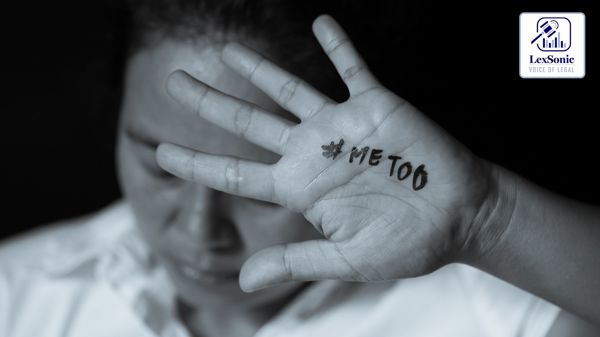In a recent decision of Sagar Bharat Chavan vs The State of Maharashtra & Another by the Bombay High Court, a second bail application filed by the Applicant in a case under the Protection of Children from Sexual Offences (POCSO) Act was rejected. The case, registered under C.R. No. 62 of 2023 with Khandeshwar Police Station, Navi Mumbai, involves serious allegations of sexual assault by the Applicant, who was the driver of a school bus, against a 9-year-old victim.
Background of the Case:
The Applicant's first bail application was allowed to be withdrawn in April 2024, with the liberty to file a fresh one after a year if there was no substantial progress in the trial. However, the Applicant filed another bail application within just 15 days of the order, prompting the Court to note that this was a violation of the earlier conditions set for filing a fresh application. The second application was promptly dismissed on this ground alone.
The case involves serious charges under Section 354-A of the Indian Penal Code (IPC) and Sections 8, 10, and 12 of the POCSO Act. According to the prosecution, the 9-year-old victim had revealed to her parents that she was being sexually assaulted by the Applicant while traveling in the school bus. The incident occurred in early March 2023, and the victim only disclosed the assault after several days of emotional distress.
Court's Analysis and Decision:
In rejecting the bail application, the Court emphasized the gravity of the charges, highlighting that the victim was a child, and the nature of the crime committed was severe. The Court referred to the guidelines of the Supreme Court, noting that while constitutional courts typically refrain from imposing time limits on the disposal of cases, certain exceptional circumstances warranted swift action. These included cases like this one, where a child was the victim of sexual assault, and the trauma caused by delays in trial could have a profound impact on the victim's mental and emotional well-being.
The Court pointed out the urgency of completing trials in POCSO cases within the stipulated time frame, citing Section 35 of the POCSO Act, which mandates that such trials should be concluded within one year of taking cognizance. The Court observed that delays in such trials could lead to re-victimization, affecting the victim’s ability to recall the incident clearly and worsening the emotional trauma.
Moreover, the Court referenced a previous ruling (Atul Gorakhnath Ambale v. State of Maharashtra) in which it was stressed that the victim’s testimony in POCSO cases should be recorded as expeditiously as possible to avoid exacerbating the psychological impact on the child. In the present case, the Court recommended that the Special Court dealing with the trial ensure that the child’s deposition is recorded swiftly and that no unnecessary adjournments are granted.
Court's Directives:
The Court disposed of the bail application with the following directions:
Bail Application Rejected: The bail application filed by the Applicant was rejected, citing the seriousness of the offence and the Applicant's violation of the conditions set by the previous Court order.
Expedited Trial: The Court requested the Trial Court to complete the trial within six months, emphasizing the importance of timely justice in cases involving child victims of sexual assault.
State Responsibility: The State of Maharashtra was directed to ensure that the Applicant is produced in the Trial Court on all dates of hearing to facilitate the swift progress of the trial.
Conclusion:
The High Court’s decision underscores the importance of timely judicial processes in cases involving child victims, particularly in matters under the POCSO Act. The rejection of bail highlights the severity of sexual assault cases against children and emphasizes the need for expedited legal proceedings to protect the rights and well-being of the victims. As the trial continues, the Court has made it clear that delays will not be tolerated, and efforts to speed up the legal process will be actively pursued.
This ruling serves as a reminder of the courts' commitment to ensuring that justice is served swiftly and effectively, particularly in sensitive cases involving vulnerable victims like children.
Section 8, Protection of Children from Sexual Offences Act - 2012
Section 10, Protection of Children from Sexual Offences Act - 2012
Section 12, Protection of Children from Sexual Offences Act - 2012
Section 35, Protection of Children from Sexual Offences Act - 2012
Protection of Children from Sexual Offences Act, 2012
Section 439., Code of Criminal Procedure - 1973
Code of Criminal Procedure, 1973

